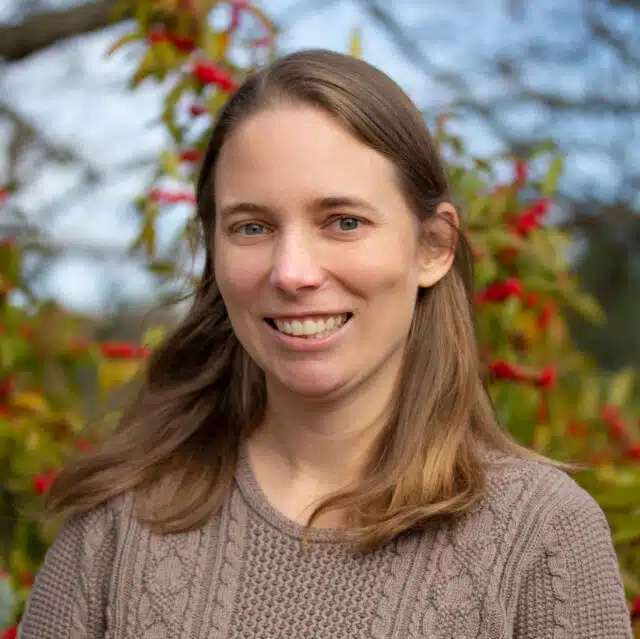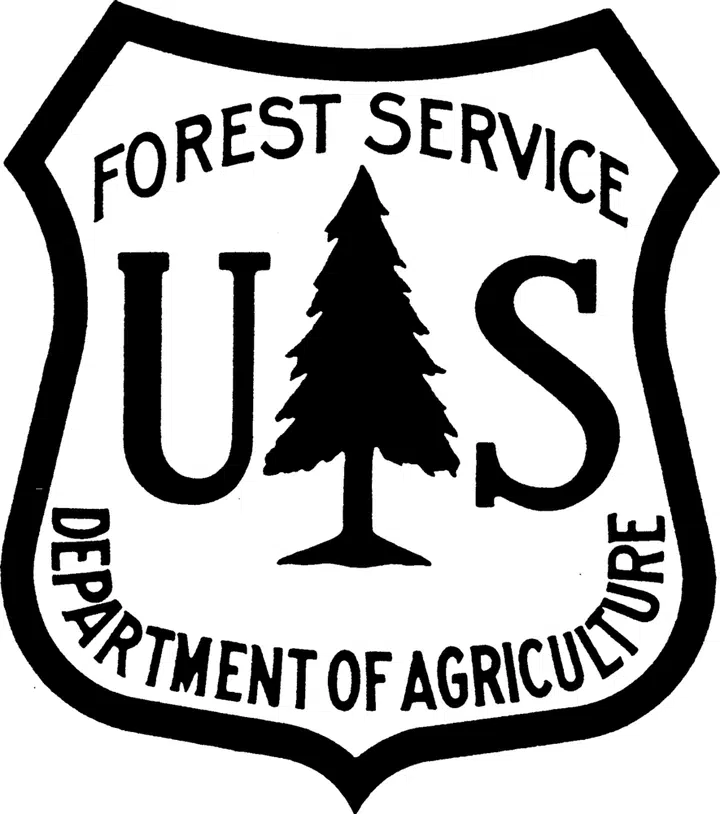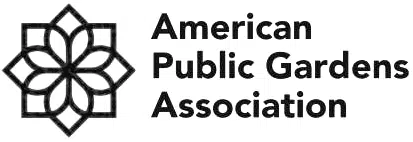How does “the early bird gets the worm” play out in plant communities?
July 24, 2020

You’ve heard the phrase “the early bird gets the worm”. We use it to indicate that getting somewhere first can come with big benefits. It’s snagging the choicest donuts in the office lunchroom, or the best seats in the movie theater. And so it goes in the natural world. Being the first species to get to a new place has advantages. Early plants can grab the space, shade out species that come later, take up valuable nutrients from the soil, and establish large root networks for water uptake. In ecology, we have a term for this sort of early-bird benefit – priority effects. And these priority effects can play an outsized role in determining what species you’ll find in a certain area.
But it’s a brave new world, and the rules of nature are bumping up against some new realities. First, more and more species from other parts of the world are establishing themselves in our natural areas. Nonnative plants often come to dominate areas by playing by a different set of rules than our native species. Second, the climate is changing and things are heating up. These hotter temperatures reset the stage on which these rules play out; changing the context in which species interact. As a result, we’re seeing some of our natural areas dominated by new species and novel plant communities arising.
My lab is currently working to understand how nonnative species and warming temperatures interact to shape “early bird” dynamics in our natural areas. Specifically, we’re exploring whether warming will speed up how quickly nonnative plants arrive at a site, and whether these changes will increase the abundance of nonnative species. To do this, we’re planting 15 species (a mix of native and nonnative) into pots in the greenhouse (in the world of science we call these mesocosms). But, we’re altering the order in which these species arrive. The data we collect in the greenhouse will help us make predications regarding how changes in the arrival order of native and nonnative species will likely reshape the natural areas at Holden and beyond. We’re still only halfway through with the planting of these timed arrivals in the experiment, but stay tuned to see how winners and losers shift as a result of altering who gets to be the “early bird.”

Katie Stuble, PhD
Director of Research
Plant Biologist & Director of Research Katie Stuble has a Bachelor of Arts from St. Mary's College of Maryland. She earned her Master's in Ecology at the University of Georgia and a Ph.D in Ecology and Evolutionary Biology from the University of Tennessee. She took her position as a research scientist at Holden Forests & Gardens in 2016.













